Tick. Tick. Boom. My screen finally refreshed and I was in the heat of a sale. Searching, searching, and searching for affordable seats, I watched as the blue dots disappeared faster, faster, and faster. The more that I clicked, the higher the prices got: $500, $800, $2,000 and increasing. In the blink of an eye, all the tickets were gone. After weeks of waiting for this day, my expectations of a perfect sale fell short and devastation started to sink in. I wasn’t alone in my disappointment. It was a universal experience amongst millions of Swifties across the globe.
On November 15th, 2022 at 10 a.m, millions of Taylor Swift fans’ Ticketmaster sites crashed after hours of waiting in the queue. Soon after, Ticketmaster released an update postponing the sale to 3 p.m. that afternoon. This situation isn’t isolated to a single artist, though. Fans across the world face the chaos of Ticketmaster every time they try to buy tickets to their favorite artists’ concerts. Malfunctioning queues and crashed websites are only some of the troubles users experience with Ticketmaster. With bots and robots also part of the fierce competition for a limited number of tickets, sales have become a bloodbath. Without proper support for the high demand and traffic on their site, Ticketmaster constantly botches sales, turning lawmakers, artists, and fans against them. So, why aren’t people buying tickets elsewhere? The reason: Ticketmaster’s near-monopoly over the concert industry.
In 2010, Live Nation, a major venue and events promoter, merged with Ticketmaster to create Live Nation Entertainment (LNE). Together, they became the leading ticket sellers in over 30 countries. According to PBS, Ticketmaster sells 500 million tickets each year. CNBC reports that, since merging, they “control an estimated 70% of the ticketing and live event venues market.” This merger eliminated almost all other competing ticket sellers. After numerous complaints from consumers regarding prices and fees on Ticketmaster, the Antitrust Division of the Department of Justice (DOJ) opened an investigation on the merger. To prevent future conflicts, the DOJ attempted to limit the abuse of LNE’s power by issuing a consent decree in 2010 after fear of the merger “substantially lessening competition.” This decree outlined strict rules that LNE had to agree to in order for the merged companies to remain in operation together. Under this decree, LNE was prohibited from retaliating against venues for using different sellers But, in 2014, when the Kentucky Yum Center considered using LNE’s biggest rival, AEG, for ticket sales, an LNE executive warned AEG officials that the arena would lose concerts if it dropped Ticketmaster. Similar incidents occurred in eight other cities in 2019. Seeing as they were in direct violation of the decree, the DOJ modified the consent decree to directly prohibit such conduct. Now, another investigation by the DOJ has opened up focusing on if LNE has “abused its power over the multibillion-dollar live music industry” in light of the botched sale of “The Eras Tour” tickets. They found that the growing reliance on Ticketmaster has allowed the company to get away with more and more. As the government turns increasingly against Ticketmaster, so do their consumers. One reason for consumer’s dissatisfaction are ticket bots. Ticket bots are robots programmed to behave like human users, scoring tickets at a faster pace and in larger volumes creating massive traffic and providing resellers an upperhand in price gouging. Bots create fake accounts prior to sales, overtaking legitimate ones. These bots have ruined consumer experience by taking tickets from dedicated fans. In many instances, it forces fans to purchase ridiculously-priced tickets from resellers for shows in their home cities, driving away local consumers. In 2018 content creator, Mercedes Arielle, saw Beyoncé and Jay-Z at the “On the Run II Tour” in Paris, scoring floor seats for $92 apiece. In her hometown, Dallas, the going rate for the same tickets was $900 higher. Similarly, when Kylyn Schnelle, a Louisville native, looked at floor tickets for Beyoncé’s “Renaissance World Tour” stop in Louisville, she found some seats that were being resold for over $800. Given the steep prices, she looked to different cities.
“When I looked in London, it was 167 pounds, and the flight was, like, $660,” Schnelle said.
The price of the London tickets translates to about 200 USD, making the entire trip to London barely cheaper than a single ticket to the Louisville show.
On top of that, Ticketmaster’s “dynamic pricing” can be infuriating to all 113.6 million active monthly users. Dynamic pricing is where an increase in demand creates an increase in price. Paired with the obstacle of ticket bots, experiences like mine are bound to occur.
However, many artists are trying to make buying tickets a better experience for consumers. Advanced registration, previously known as “Verified Fan,” has become a requirement prior to a ticket sale for many artists. This entails registering for tickets beforehand, which get screened for bots. After authentication, fans are randomly selected and sent access codes to the ticket sale. Artists like Tate McRae, Noah Kahan, and Olivia Rodrigo have implemented this, greatly reducing the number of resellers. Still, Ticketmaster’s overall power controls millions of fans, forcing exciting experiences to become hectic, chaotic messes. Until their focus shifts from money and industry control to their consumers, sales will continue to be a nerve-wracking experience.


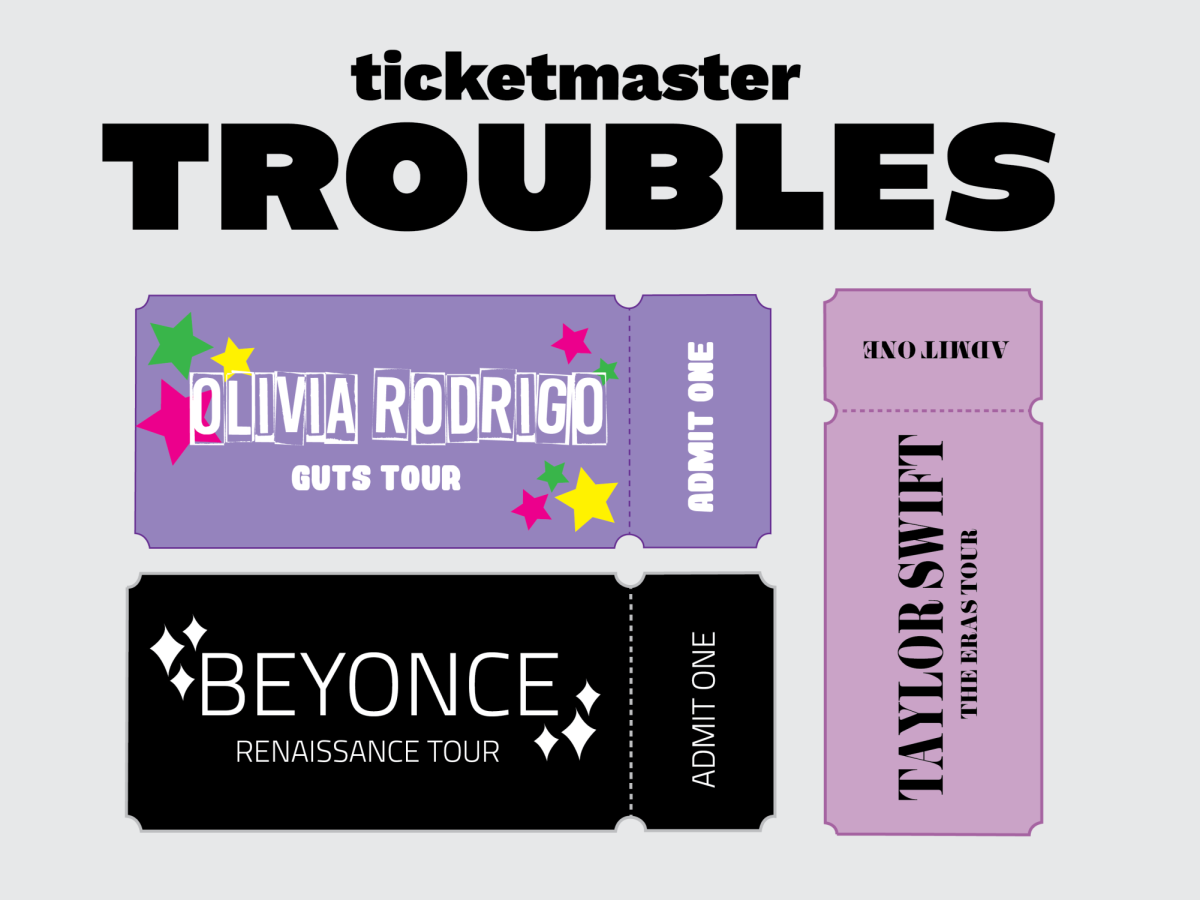


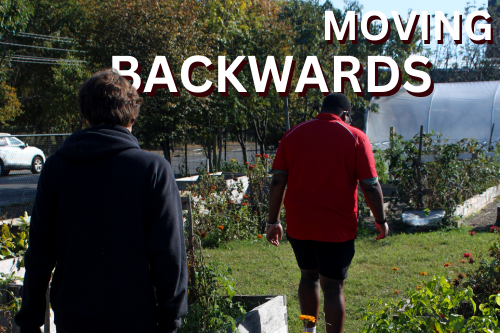

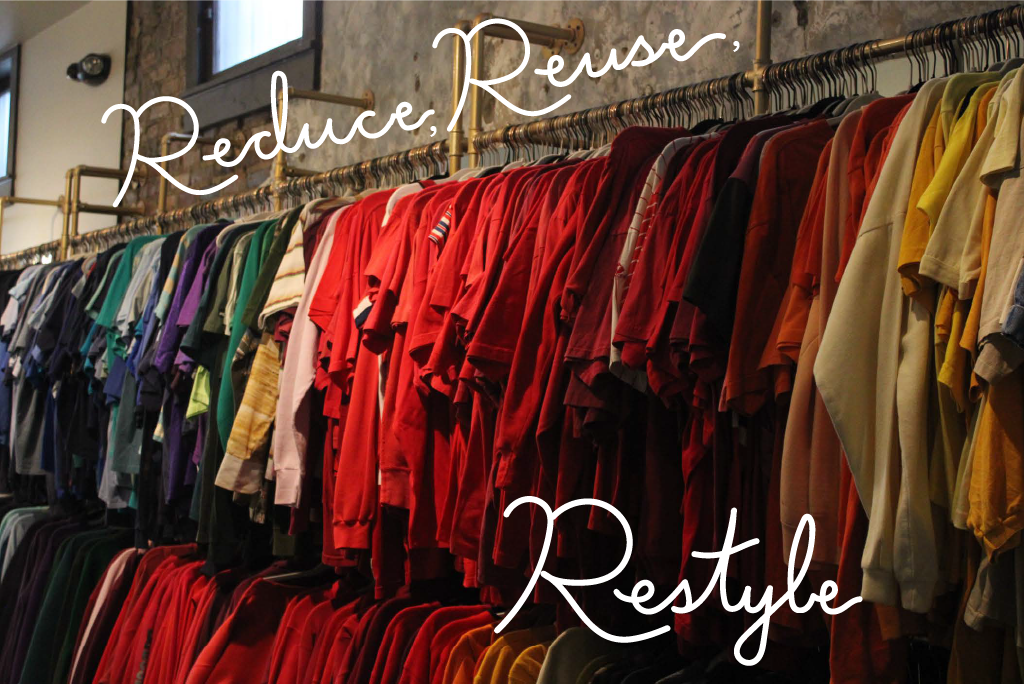


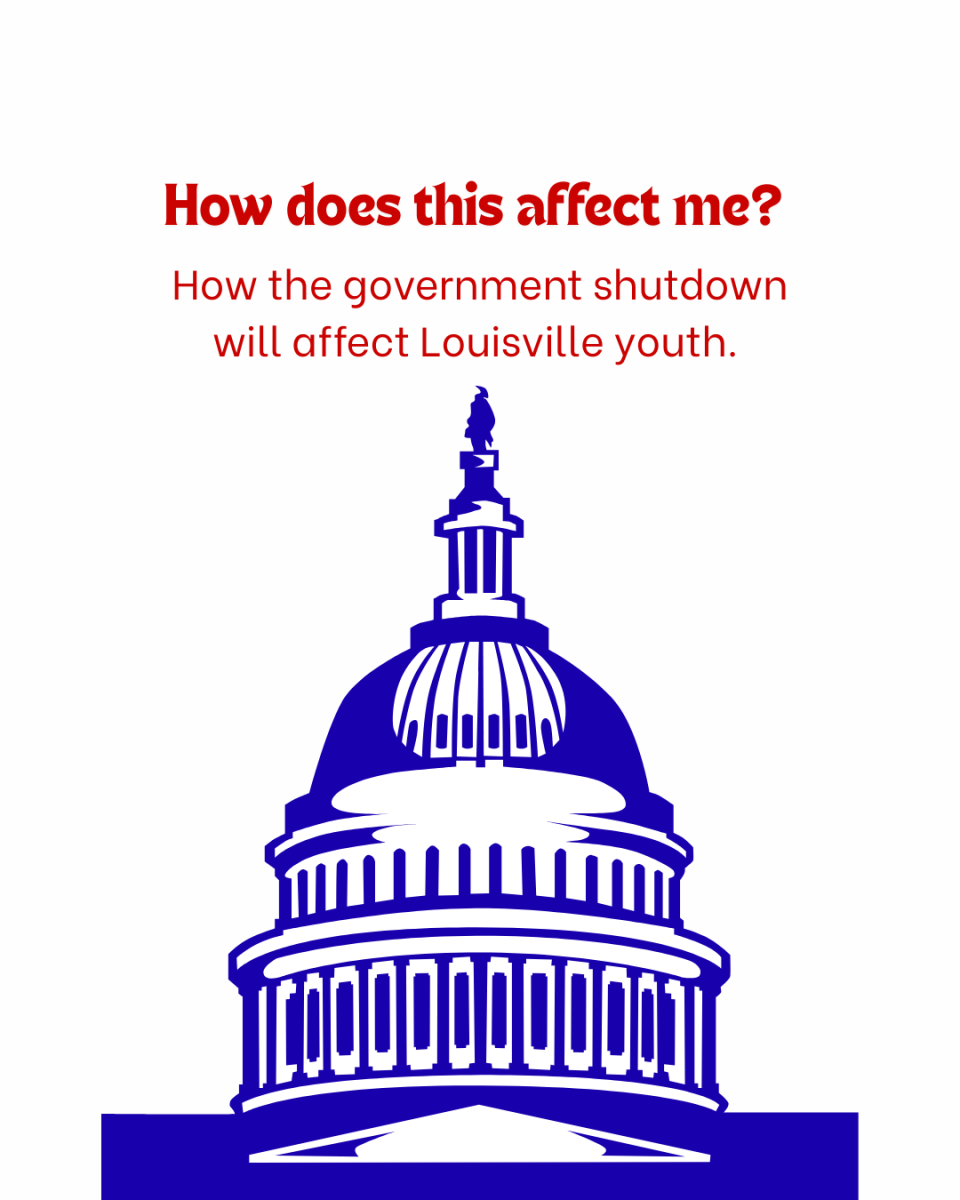
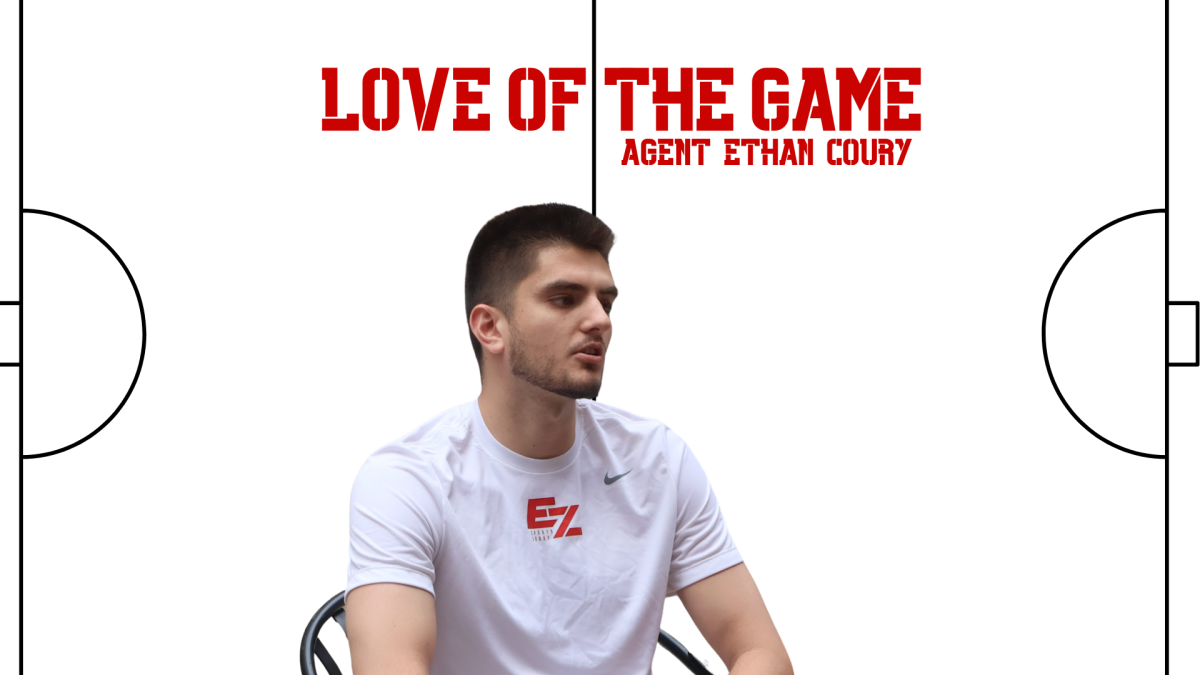
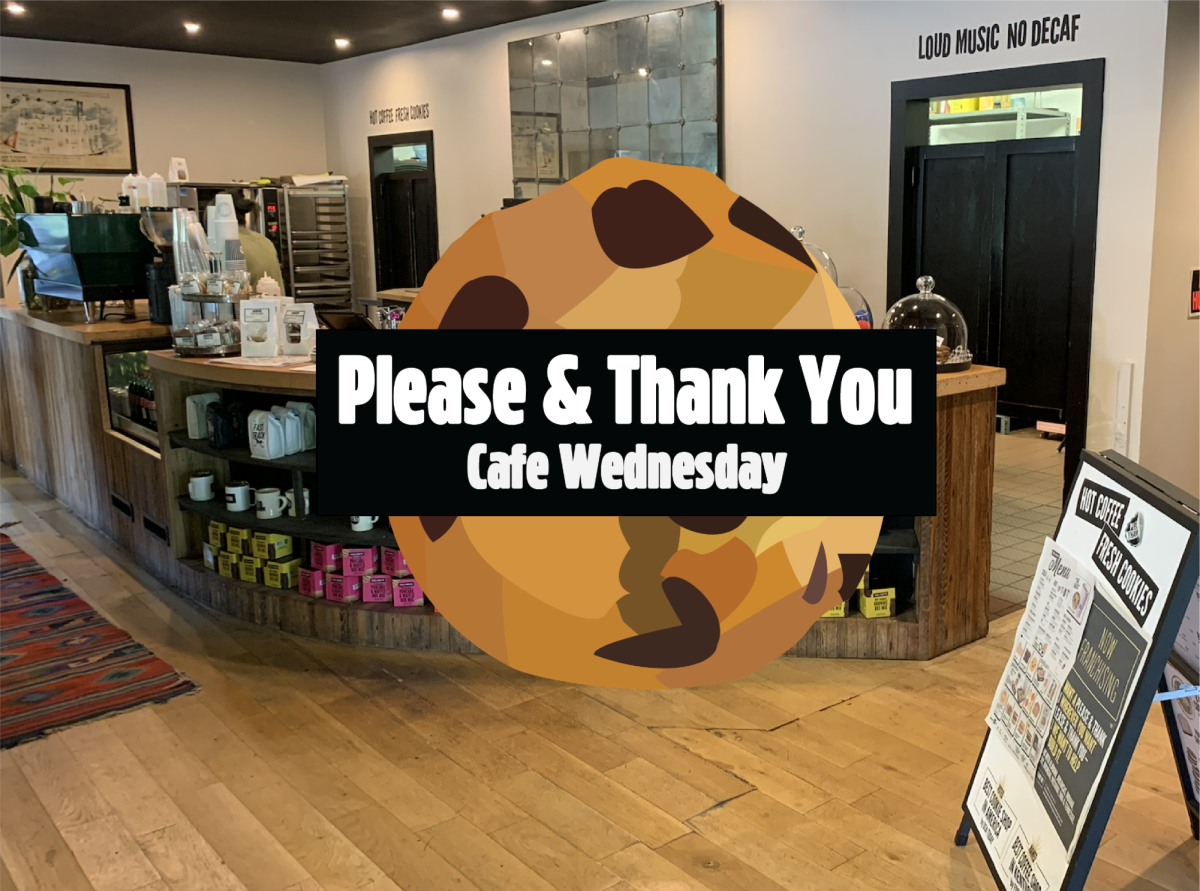


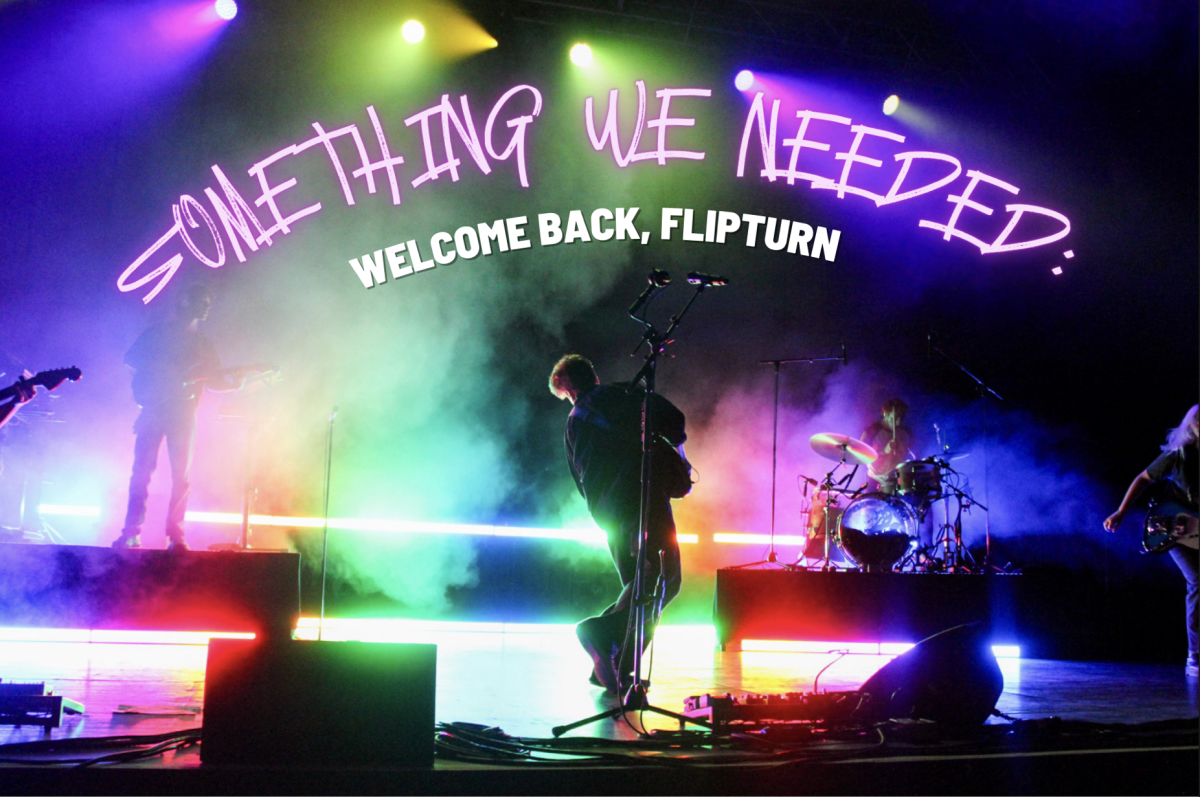



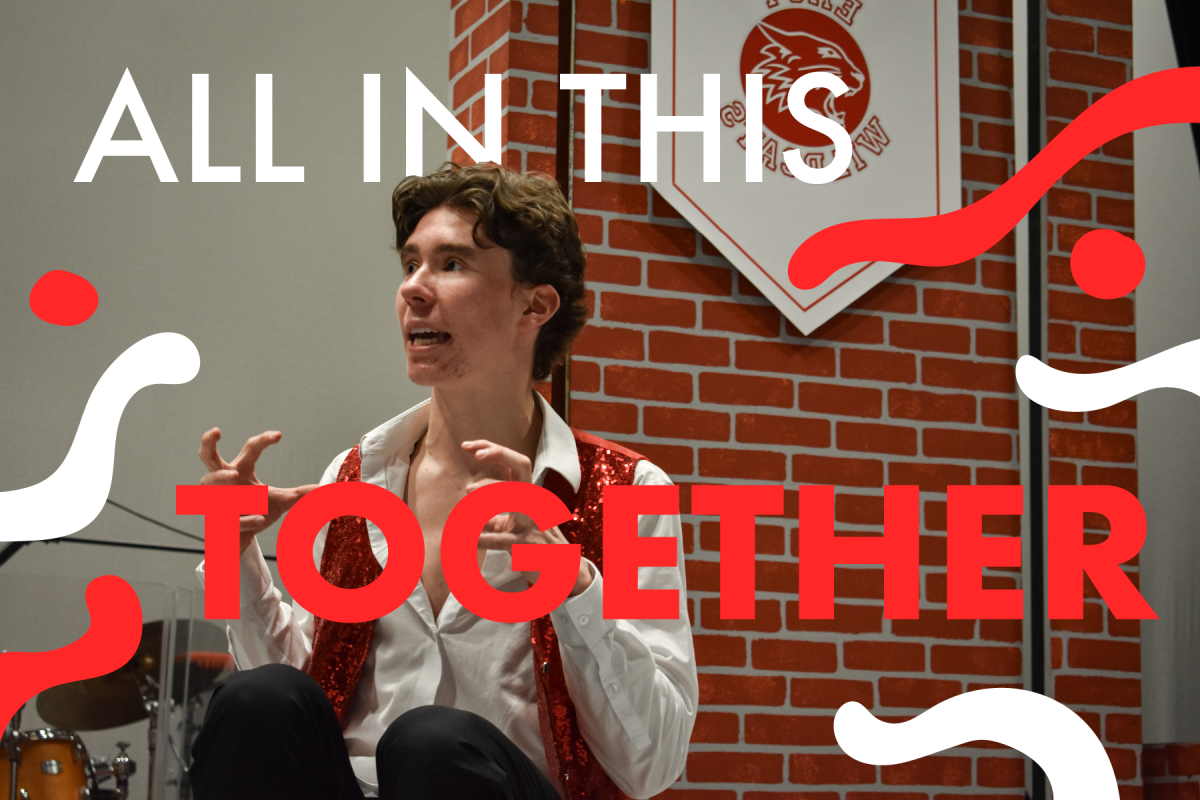

krish shah • Nov 14, 2023 at 2:37 pm
Loved this story! Really grasps the feel of people who are physically and emotionally devastated when they can’t see their idols in concert! Keep it up!